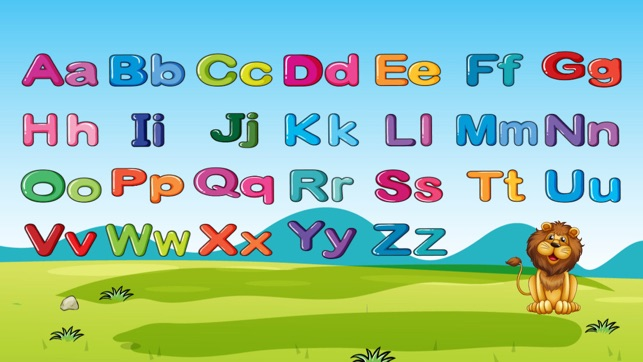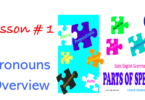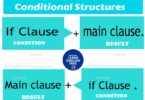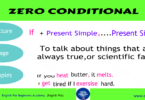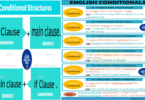Advertisement
8.Possessive Nouns
- Possessive nouns demonstrate possession or ownership typically by adding (‘s )or (‘).
- Example: John‘s car is old; My parents‘ house is big. (these are possessive nouns).
9.Attributive Nouns
- Sometimes we use a noun to describe another noun.
- In that case, the first noun is “acting as” an adjective.
- Example: a love story, soccer ball, roller coaster, or race car.
10.Compound Nouns
- A compound noun is formed when two words are combined to make a completely new word.
- This means that the meaning of the new word must be significantly different than either of its parts individually.e.g.tennis+ shoes = tennis shoes;six+pack =six-pack; bed + room =bedroom, or key+ board= keyboard.
- Example: I left my wallet in my bedroom.
Please Note!
- A noun may belong to more than one category.
- For example, happiness is both a common noun and an abstract noun, while Mount Everest is both a concrete noun and a proper noun.
To conclude, nouns are just one way in which the English language has become richer over time. Next, we will delve more into detailed courses about nouns and other parts of speech.
By: Najat A.
Thank you for reading our post. We hope you learned something new today, please don’t forget to share this article with your friends and family.
Advertisement
SHARE
[Sassy_Social_Share]
Advertisement

